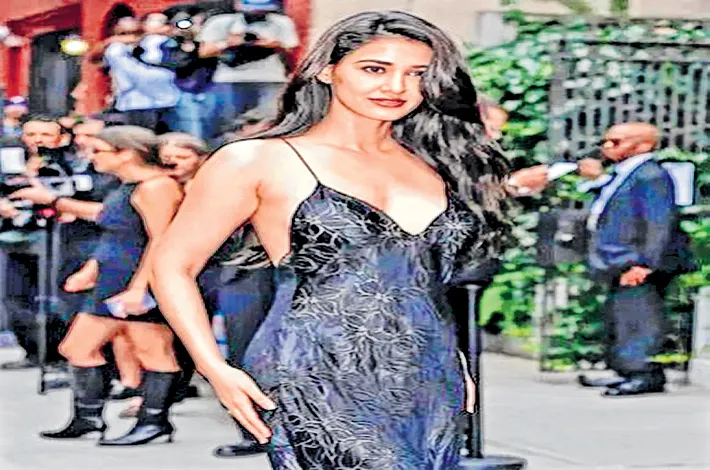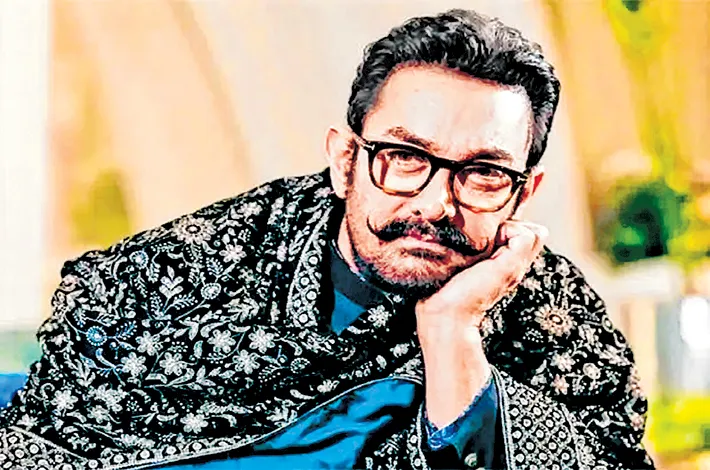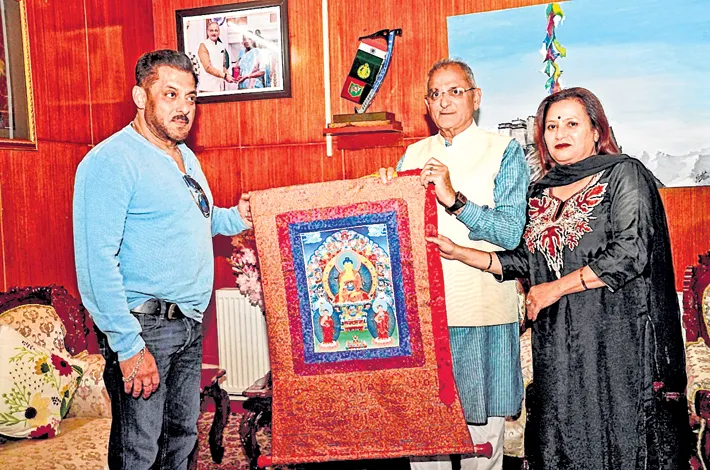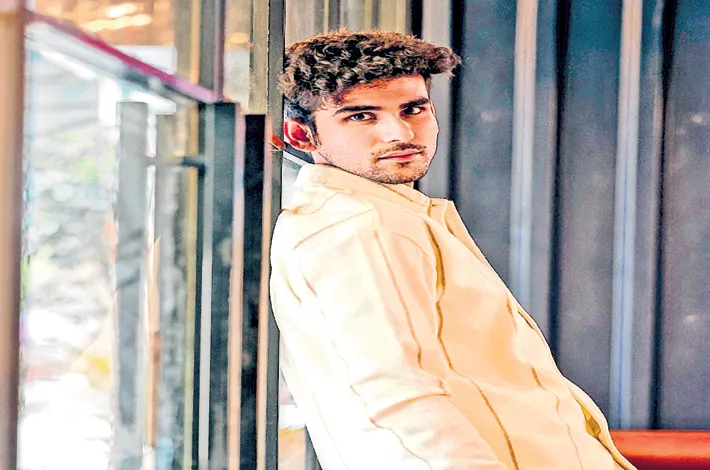The Delhi Vengeance story
04-09-2025 12:00:00 AM
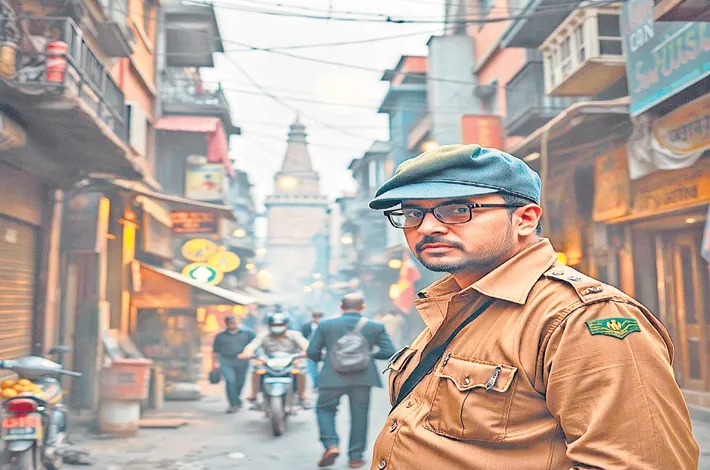
In the bustling heart of Old Delhi, where narrow alleys buzzed with vendors and the scent of kebabs mingled with dust, Inspector Vikram Singh was known for cracking cases that baffled others. His sharp eyes and sharper mind had earned him a reputation as the city’s finest detective. It was a humid July evening when a peculiar case landed on his desk, inspired by a story from Manohar Kahaniyan about a betrayal that spiraled into a deadly game of revenge.
The call came from Chandni Chowk’s police station. A wealthy jeweler, Arjun Mehra, had been found dead in his lavish shop, Mehra’s Gems, with a single stab wound to the chest. The scene was oddly pristine—no signs of struggle, no missing jewelry, and the shop’s heavy iron safe remained locked. Vikram arrived to find a crowd gathered outside, whispering about curses and old grudges.
The shop was a glittering cave of gold and gemstones, but the air felt heavy with secrets. Arjun’s body lay slumped behind the counter, a ceremonial dagger embedded in his chest. The weapon was ornate, its hilt encrusted with fake rubies—a strange choice for a murder in a shop full of real ones. Vikram’s assistant, Constable Rakesh, was already there, nervously jotting notes.
“No forced entry, sir,” Rakesh said. “The door was locked from the inside. Only Arjun had the key.”
Vikram crouched beside the body, his eyes scanning for clues. A faint smudge of kohl lined Arjun’s eyes, unusual for a man of his stature. On the counter lay a half-finished cup of chai, still warm, and a crumpled note in Hindi: “Tumhari dhokhe ka badla liya jayega.” The revenge for your betrayal will be taken.
“Who found him?” Vikram asked.
“The shop assistant, Manoj,” Rakesh replied. “He came to open the shop at 6 p.m. and found Arjun like this. Says he saw no one else.”
Vikram interrogated Manoj, a wiry young man with darting eyes. “Arjun sir was alone when I left at noon,” Manoj stammered. “He said he had a private client meeting. I don’t know who.”
Vikram’s gut told him Manoj was hiding something, but he let it slide for now. He examined the shop’s back door, which led to a narrow alley. It was bolted shut, but a faint scratch on the lock caught his eye. Someone skilled could have picked it and re-locked it. He sent Rakesh to canvass the alley for witnesses while he turned to Arjun’s ledger.
The ledger revealed a string of debts owed to Arjun by local merchants, but one name stood out: Shalini Gupta, a former business partner who’d lost everything when Arjun dissolved their partnership five years ago. Rumor had it Shalini had vowed revenge, accusing Arjun of cheating her out of her share. Vikram noted her address in Karol Bagh.
At Shalini’s modest flat, Vikram found a woman hardened by time. Her eyes burned with resentment when he mentioned Arjun. “He ruined me,” she spat. “Took my designs, my clients, everything. But I didn’t kill him. I’ve been here all day, ask my neighbor.”
The neighbor, an elderly woman, confirmed Shalini’s alibi, but Vikram noticed a photo on Shalini’s wall—a younger Shalini with Arjun and another man, all smiling. “Who’s this?” he asked.
“My brother, Ravi,” Shalini said curtly. “He’s gone. Died in a car accident two years ago.”
Vikram’s instincts flared. Something about the photo felt off, but he couldn’t place it. Back at the station, he dug into Ravi’s records. The accident report was clean, but a detail stood out: Ravi had been a locksmith before his death, skilled enough to pick any lock without a trace.
Rakesh returned with news from the alley. A chai vendor recalled seeing a man in a hooded jacket near the shop’s back door around 4 p.m. “He kept his face hidden,” the vendor said. “Looked suspicious.”
Vikram’s mind raced. The locked door, the dagger, the note—it all pointed to a calculated act. He revisited the crime scene that night, the shop now eerily silent. Under the counter, he found a tiny speck of glitter, the kind used in cheap costume jewelry. It didn’t belong in a shop like Arjun’s. Then it hit him: the dagger’s fake rubies. They weren’t from the shop but matched the glitter.
He summoned Manoj again. Under pressure, Manoj cracked. “I lied, sir,” he confessed. “I saw someone leave through the back door—a man, but I didn’t see his face. I was scared to tell you.”
Vikram cross-referenced Ravi’s accident photos with the shop’s CCTV footage from earlier that day. One frame showed a man in a hooded jacket entering through the front, face obscured. The build matched Ravi’s from old photos. Could Ravi still be alive?
Vikram tracked down the hospital where Ravi’s body was supposedly taken. The records were vague, and the mortician admitted to discrepancies in the paperwork. “Sometimes families bribe to fake a death,” he hinted.
Confronting Shalini again, Vikram laid out his theory. “Ravi’s alive, isn’t he? He faked his death, waited, and struck Arjun for what he did to you.”
Shalini’s face crumpled. “Ravi couldn’t let it go,” she whispered. “Arjun’s betrayal broke him. He staged the accident, disappeared, and planned this. I begged him not to.”
With Shalini’s help, Vikram set a trap. She lured Ravi to a meeting, claiming she needed his help to flee. At a deserted warehouse, Vikram and his team waited. Ravi appeared, still hooded, but Vikram’s flashlight caught the glint of kohl in his eyes—a habit from his theater days, matching Arjun’s smudged makeup. Ravi had applied it to blend in during the murder.
“You killed Arjun,” Vikram said, gun steady. “The dagger, the note—it was all you.”
Ravi sneered. “He deserved it. He took everything from us.”
Ravi lunged, but Vikram’s team subdued him. The case was closed, but Vikram felt no triumph. Revenge had consumed Ravi, turning him into a shadow of the man in that old photo.
As Vikram walked back through Chandni Chowk’s glowing streets, he thought of the Manohar Kahaniyan story that mirrored this case—a tale of betrayal, a locked room, and a brother’s vengeance. Life, it seemed, was stranger than fiction.





